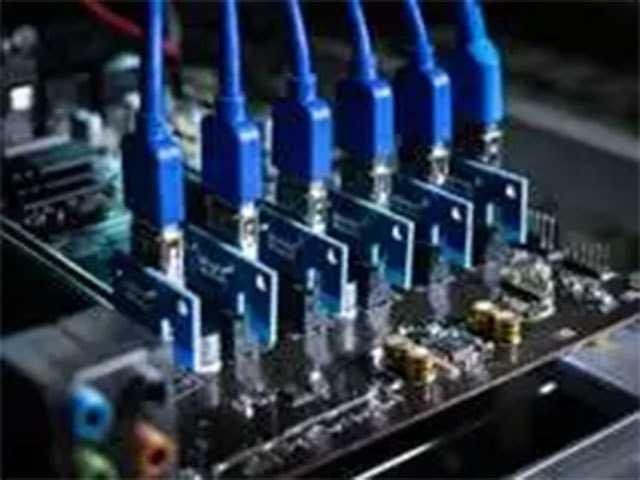Blockchain technology can help weed out fakes, says IBM

LAS VEGAS: In some countries, 70% of life-saving drugs that people consume are counterfeit, and they can be in any shape from spare parts of a car to wine. And, they can enter at any point in the supply chain, says a research by IBM. “Such frauds cost the global economy more than $600 billion a year,” said IBM Research Director Arvind Krishna at the company’s flagship client event, Think 2018 in Las Vegas.
The issue of fraud and counterfeits could be tackled by using technology and will radically reshape companies and businesses in the next five years.
“In the next five years, cryptographic anchors and blockchain technology will ensure a product’s authenticity from its point of origin to the hands of the customer,” Krishna said, while making five predictions that could potentially transform the world over the next five years. At the event, IBM showcased what it calls the world’s smallest computer — smaller than a grain of salt, which can be embedded in objects or act as mobile sensor that can be used to eliminate fakes, said Andreas Kind, manager, industry platforms & blockchain.
ADVERTISEMENT
These technologies, he said, will pave the way for new solutions that tackle food safety, authenticity of manufactured components, genetically modified products, identification of counterfeit objects and provenance of luxury goods. The other tech predictions include quantum computing becoming mainstream, encryption technologies keeping in pace with quantum computing, AI-powered robot microscopes that help in real-time monitoring of water and AI algorithms that will have lesser bias.
“Quantum computing will be ubiquitous in university classrooms and will even be available, to some degree t the high-school level,” said Taslima Gershwin, senior manager of AI challenges and quantum experiences.
ADVERTISEMENT
Researchers are working on encryption methods to keep pace with emerging technologies such as quantum computers, which will someday be able to break all current encryption protocols, according to Cecilia Boschini, pre-doctoral researcher, Lattice-based Cryptography.